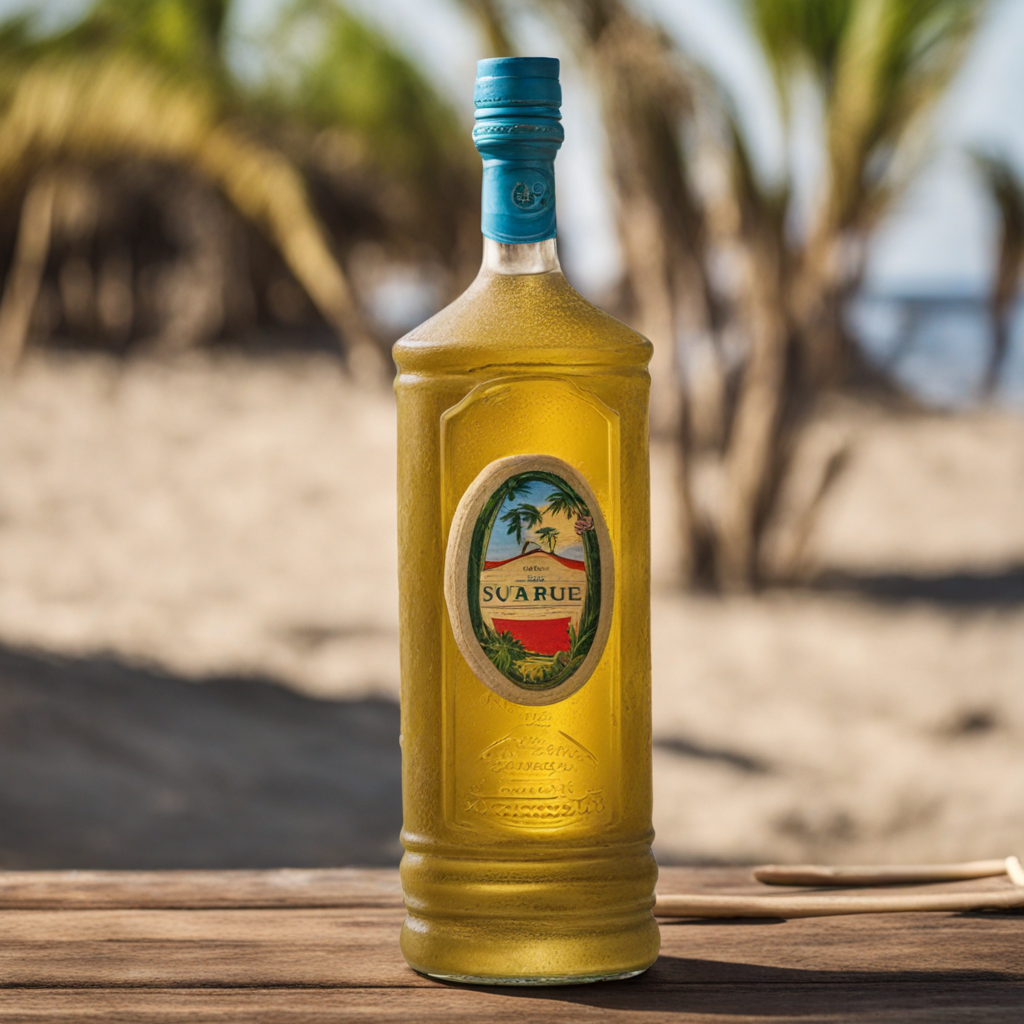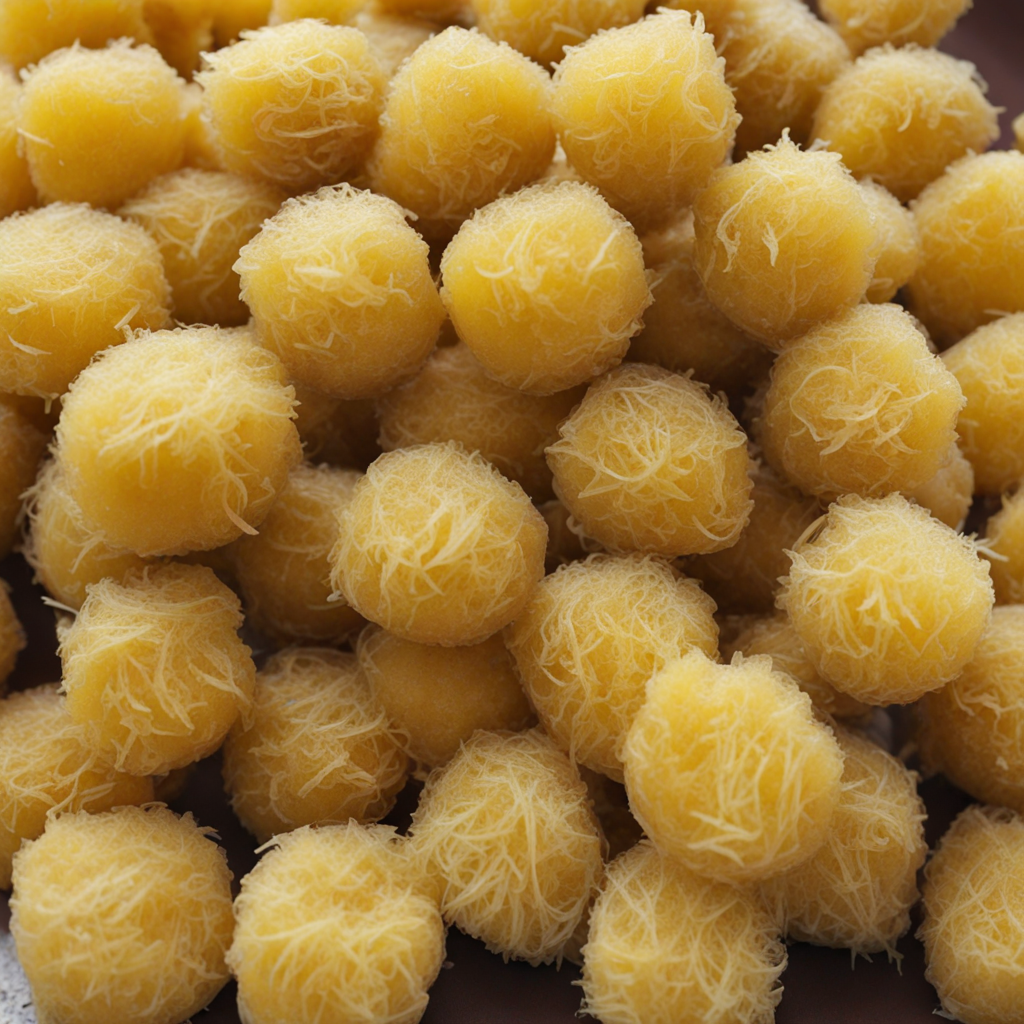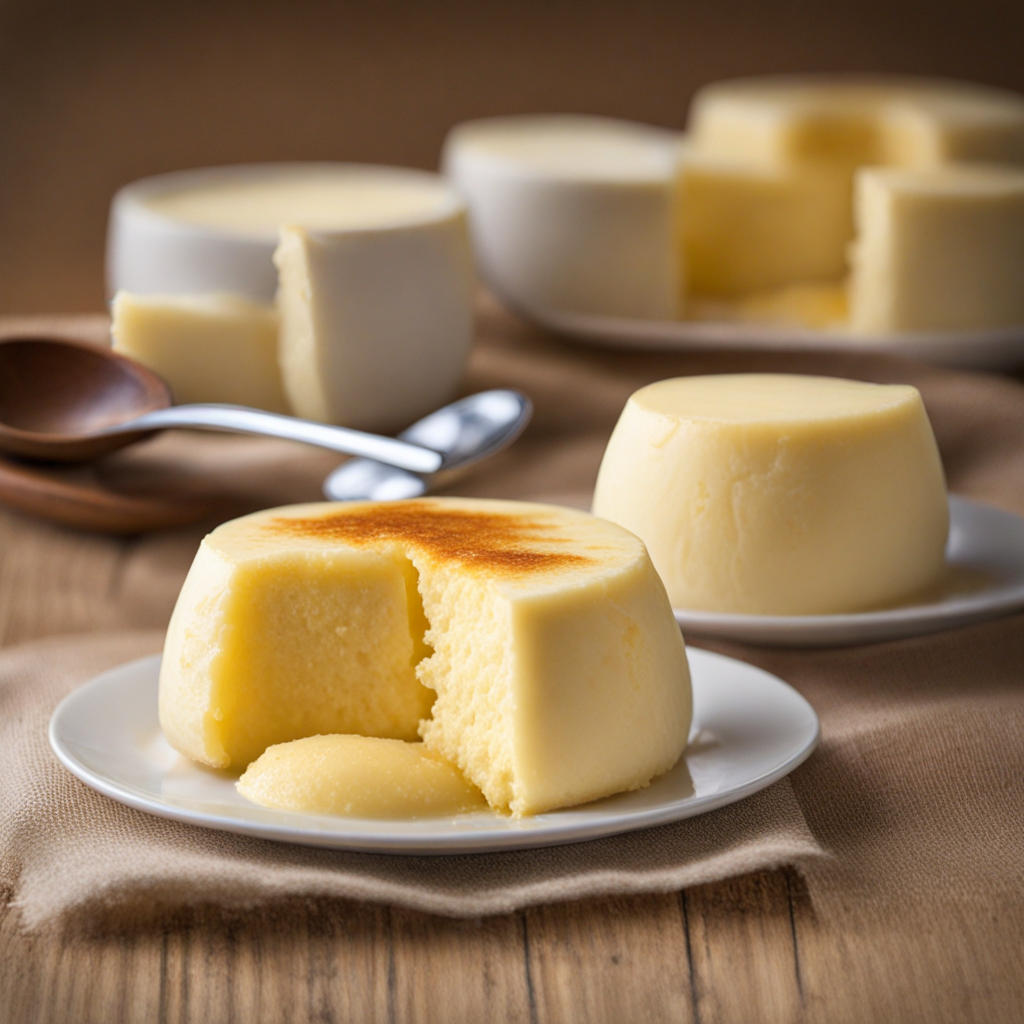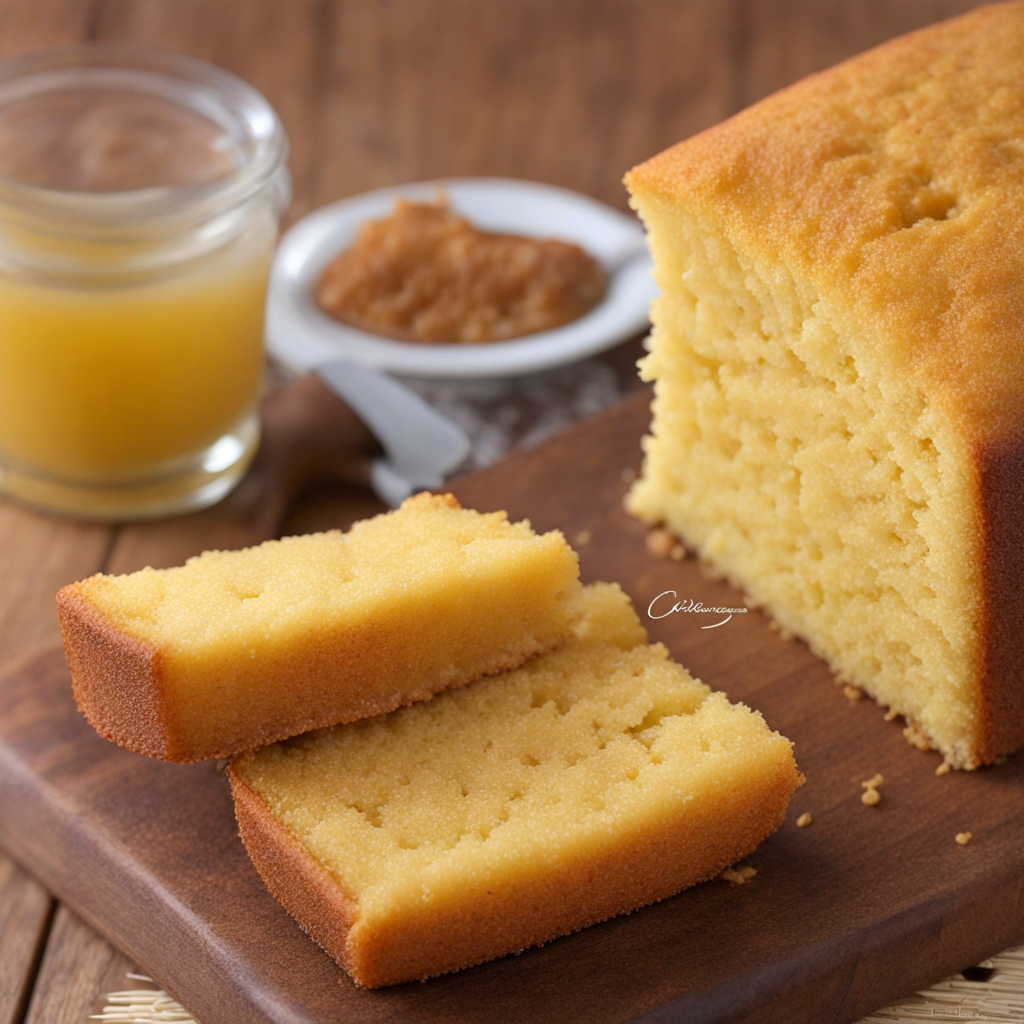Grogue
Grogue is a traditional alcoholic beverage from Cape Verde, often enjoyed by locals and visitors alike. It is a potent spirit made from the fermentation and distillation of sugarcane, which thrives in the tropical climate of the islands. The process starts with the extraction of cane juice, which is then fermented to develop its distinct flavor profile. The result is a clear, strong liquor that carries the essence of the islands, often described as having a sweet and fruity aroma with hints of earthiness that reflect the rich soil of the region. In terms of taste, Grogue offers a unique experience that combines the warming qualities of rum with its own distinctive notes. Upon tasting, you may notice a smooth initial sweetness that quickly transforms into a more complex flavor, with subtle undertones of vanilla, caramel, and a touch of spice. This complexity makes Grogue versatile, as it can be enjoyed neat, on the rocks, or as the base for cocktails infused with local fruits like passionfruit or coconut, enhancing its tropical appeal. Grogue is not just a drink; it is a cultural experience that embodies the spirit of Cape Verde. It is often served during social gatherings and celebrations, showcasing the islanders' hospitality. When sipping Grogue, you are not only tasting a unique spirit but also connecting with the rich heritage and traditions of Cape Verde, where every bottle tells a story of the land and its people. Whether you are relaxing by the beach or enjoying a lively evening with friends, Grogue promises to transport you to the vibrant heart of these beautiful islands.
How It Became This Dish
Grogue: The Spirit of Cape Verde Grogue, often referred to as "grog," is a traditional alcoholic beverage from the Cape Verde Islands, an archipelago located off the northwest coast of Africa. This potent drink serves not just as a source of refreshment but as a cultural emblem that encapsulates the history, traditions, and the resilient spirit of the Cape Verdean people. To understand Grogue is to delve into the islands’ unique history, its socio-economic significance, and its evolution through the years. #### Origins of Grogue The origins of Grogue can be traced back to the 15th century when the Portuguese discovered the Cape Verde Islands. The archipelago was largely uninhabited, and the Portuguese established it as a strategic point for the transatlantic slave trade. The islands soon became a melting pot of cultures, where indigenous practices mingled with Portuguese colonial influences. The production of Grogue, a distilled spirit made primarily from sugarcane, reflects this confluence of cultures. Sugarcane was introduced to the islands by the Portuguese, and the favorable climate conditions allowed it to thrive. The process of distilling sugarcane juice into Grogue likely evolved from similar practices in the Caribbean, where rum was produced. Local methods adapted over time, turning what began as a colonial import into a distinctly Cape Verdean product. Traditionally, Grogue is made by fermenting the juice of fresh sugarcane, which is then distilled in pot stills. The final product is a clear, potent spirit that can reach alcohol levels between 40% to 50%. It is often enjoyed neat or used as a base for cocktails, but it can also be infused with local fruits and spices, adding to its complexity and flavor. #### Cultural Significance Grogue occupies a central role in the cultural and social life of Cape Verde. It isn't merely a beverage; it is a symbol of identity and community. Grogue is often served during celebrations, gatherings, and important life events such as weddings, baptisms, and religious festivals. The act of sharing Grogue is seen as a gesture of hospitality and camaraderie, fostering bonds among family and friends. The beverage also plays a role in the islanders’ connection to their history and heritage. Cape Verdean songs and poetry often reference Grogue, embedding it in the collective memory of the people. The drink has become synonymous with Cape Verdean culture, reflecting the islands' resilience and adaptability in the face of historical challenges, including colonization and economic hardship. In rural areas, Grogue production remains a family affair, often passed down through generations. Small-scale distilleries, or "groguerias," are common, where families produce their own Grogue from locally sourced sugarcane. This artisanal method not only supports local economies but also preserves traditional techniques that might otherwise be lost in modern industrial production. #### Development Over Time Over the centuries, Grogue has evolved significantly, both in its production and its perception. During the colonial era, Grogue was often exported, primarily to Portugal and other parts of Africa, where it was appreciated for its potency and unique flavor. However, it also gained a reputation for being a cheap and sometimes harsh spirit, often associated with lower social classes. With Cape Verde gaining independence from Portuguese rule in 1975, there was a renewed interest in national identity, culture, and heritage. Cape Verdeans began to take pride in their traditional products, including Grogue. The spirit started to be marketed as a premium product, with an emphasis on craftsmanship and authenticity. This shift helped elevate Grogue’s status both locally and internationally, and it became a sought-after item among tourists visiting the islands. The craft distilling movement has also contributed to the renaissance of Grogue. In recent years, younger generations have experimented with flavors and techniques, creating unique variations that appeal to a global audience. Some distilleries have begun to produce flavored Grogue by infusing it with fruits like passion fruit, mango, and even local herbs. These innovative approaches have helped the spirit gain recognition in the global spirits market, showcasing the creativity and culinary heritage of Cape Verde. #### Grogue Today Today, Grogue is not only a symbol of Cape Verdean culture but also a burgeoning product in the global market. Distilleries are increasingly focusing on sustainable practices, sourcing organic sugarcane, and maintaining traditional distilling methods while also embracing modern techniques to enhance quality. Grogue is now featured in high-end cocktail bars around the world, with mixologists recognizing its versatility and depth of flavor. Cocktails such as "Grogue Mojito" or "Cabo Verde Spritz" have emerged, introducing Grogue to new audiences while celebrating its rich heritage. Efforts have been made to protect and promote Grogue as a product of geographical indication, similar to how other spirits like Scotch whisky or Champagne are recognized. This would help ensure that the production of Grogue remains rooted in its traditional practices and that the economic benefits remain within the Cape Verdean community. #### Conclusion Grogue is more than just a drink; it is a testament to the resilience and creativity of the Cape Verdean people. From its humble beginnings as a colonial import to its status as a symbol of national pride and cultural identity, Grogue encapsulates the history of Cape Verde itself. As it continues to evolve and gain recognition on the world stage, Grogue remains a cherished part of the islands' heritage, a bridge between the past and the future, celebrating the richness of Cape Verdean life. Whether sipped slowly on a warm evening or shared among friends during a festive gathering, Grogue truly embodies the spirit of Cape Verde.
You may like
Discover local flavors from Cape Verde







